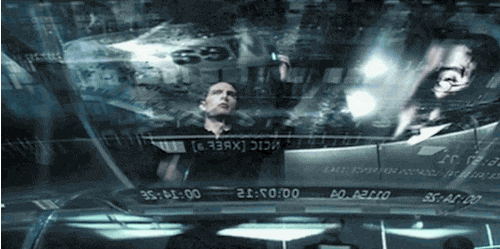Minority Report, directed by Steven Spielberg in 2002, is a film that explores the potential consequences of using predictive technology to prevent crime before it happens. The movie's premise revolves around a futuristic society where law enforcement uses "precogs" - humans with psychic abilities who can see into the future and predict crimes before they occur. While this technology may seem like an ideal solution for reducing crime rates, there are several social implications that must be considered.
Firstly, the use of precognition in Minority Report raises questions about individual privacy rights. In a world where every citizen's actions can potentially be predicted and monitored by law enforcement agencies, how much freedom do individuals truly have? This could lead to a society where people are constantly living under surveillance, fearing that their every move is being watched and judged.
Secondly, the film highlights the potential for misuse of power within such a system. If those in charge of interpreting precognitive visions make mistakes or act with malicious intent, innocent individuals could be falsely accused and punished based on predictions that may not come true. This creates an environment where trust between citizens and authorities is eroded, leading to social unrest and mistrust.
Lastly, Minority Report forces us to consider the ethical implications of using predictive technology for crime prevention. While it's clear that reducing crime rates would benefit society as a whole, should we be willing to sacrifice individual freedoms in order to achieve this goal? As seen in the film, even with good intentions, the use of such powerful tools can lead to unintended consequences and create more problems than solutions.
In conclusion, while Minority Report presents an intriguing vision of a future where crime prevention is taken to new heights through predictive technology, it also serves as a cautionary tale about the potential social implications that come with such advancements. As society continues to explore ways to combat crime and improve public safety, we must carefully consider these issues and strive for balance between security measures and individual rights and freedoms.
